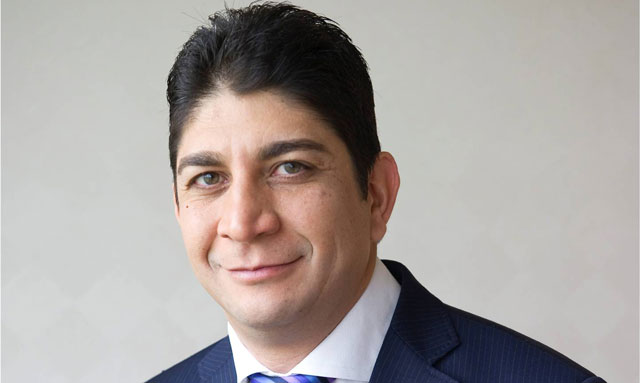
Vodacom expects demand for data to offset a decline in voice revenues in the next few years, but with the margins on data slimmer and the price of data being driven down by a competitive market, the operator is also hoping so-called “over-the-top” services — content, social networking and financial services are three examples — preserve margins and ensure demand for data continues to grow.
In South Africa, total data traffic on Vodacom’s network has increased 40% year on year, according to group CEO Shameel Joosub, with average monthly data usage per smartphone user now at 139MB. Joosub says data growth will offset revenue declines and the operator “should be able to continue to expanding margins”.
“Data doesn’t dilute margins in any way. Our margins are still expanding slightly in South Africa,” he says. Almost a third of group service revenue (that is, revenue from subscribers using the network rather than things like handset sales) is expected to come from data in three years.
Worldwide, many operators are turning to over-the-top services — or at least trying to — in order to increase their revenue from consumers’ use of data and increase their data usage. Joosub says Vodacom is looking to introduce various such offerings through parent company Vodafone.
“Vodafone has a number of different technology development centres that work on creating new products and services for customers,” he says. “We have created a group of products called Joyn that have been launched internationally and we’re looking at the success of those before we bring them to the South African market.”
Joyn, which is built on the rich communication services (RCS) platform developed by the GSM Association, was launched recently by Vodafone in Germany and Spain. RCS offers instant messaging, group chat, file transfer, content sharing, social presence information, Internet protocol telephony and video calling.
RCS is seen as a way of allowing operators to offer their own over-the-top services so that they can compete more effectively with third-party players such Google, Facebook, Microsoft, Apple, WhatsApp and others. Many operators fear over-the-top players will simply turn them into dumb pipes, while third parties profit handsomely at their expense.
Joosub believes video on demand will also be a growth area for mobile operators in future, though he adds that it’s essential that South Africa gets a move on with its migration from analogue to digital terrestrial television that that spectrum can be freed up for fourth-generation (4G) mobile networks. The deployment of 4G, he says, is a precursor to offering consumers services such as Internet protocol television.
Vodacom would consider partnering with pay-TV operators such as MultiChoice, which owns DStv, or On Digital Media, which owns TopTV, “when the time is right”.
Financial services
Part of the plan to build new revenue-generating businesses outside the traditional areas of voice and data involves a relaunch soon of M-Pesa in South Africa.
The mobile payments system was launched in 2010 but has failed to gain much traction, despite its enormous success in some other African markets. The system has proved hugely successful in Tanzania, for example.
M-Pesa, which was pioneered by Kenyan operator Safaricom, now accounts for 14% of Vodacom’s revenue in Tanzania. Joosub expects M-Pesa will contribute 15% of group revenue within the next three years. “We will be relaunching M-Pesa in South Africa under a whole new platform.”
Joosub won’t be drawn on when the relaunch will take place or what other services the “new platform” might include. “We’ll be taking a different approach this time, but I can’t offer you any more details at this time.”
Signalling how seriously it takes the space, Vodacom recently tapped a top Standard Bank executive, Herman Singh — who had headed the bank’s innovation division, Beyond Payments — as its new managing executive of mobile payments. — (c) 2013 NewsCentral Media

